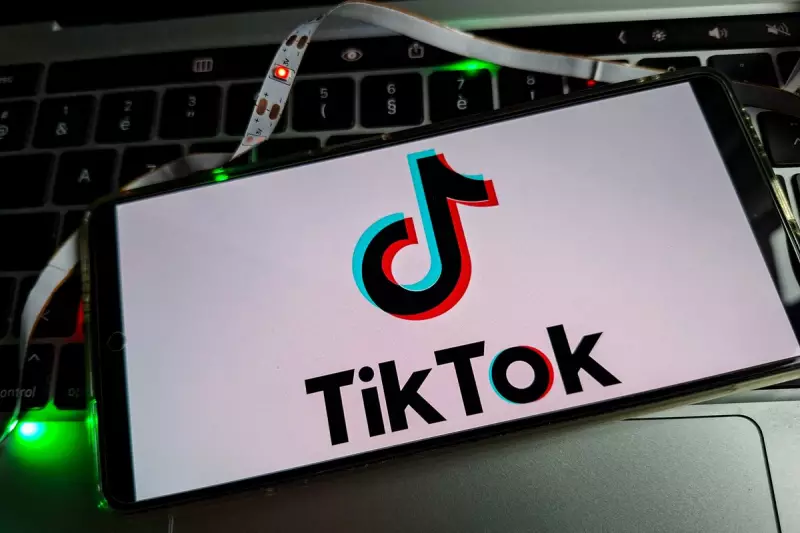
In a stunning revelation that exposes the depths of the Trump administration's concerns over Chinese technology, former White House official Miles Bessent has disclosed previously secret plans to forcibly transfer TikTok from its Chinese owners.
The Extreme Measures Considered
According to Bessent, who served as deputy White House personnel director under President Trump, the administration explored unprecedented legal maneuvers to separate TikTok from its Beijing-based parent company ByteDance. The proposed strategy involved leveraging the International Emergency Economic Powers Act (IEEPA) to essentially freeze the assets of TikTok's Chinese shareholders.
"We were looking at using IEEPA authorities to block and prohibit transactions with the shareholders who owned ByteDance, effectively cutting them off from their ownership," Bessent revealed in recent interviews.
National Security vs. Corporate Ownership
The Trump administration's aggressive stance stemmed from mounting concerns that the popular video-sharing app, used by millions of Americans, could become a tool for Chinese intelligence gathering and data collection. Despite TikTok's repeated denials and claims of operating independently from Chinese influence, security officials remained unconvinced.
Bessent's account reveals just how far the administration was willing to go, considering measures that would essentially compel the transfer of ownership without the consent of ByteDance's Chinese stakeholders.
The Legal and Diplomatic Implications
This proposed approach would have represented one of the most significant government interventions in corporate ownership in modern history, raising serious questions about:
- The limits of presidential emergency powers
- International investment protection agreements
- The balance between national security and property rights
- Potential retaliation from China against US businesses
The strategy never reached implementation before Trump left office, but the revelation sheds new light on the escalating tech cold war between Washington and Beijing.
Current Status and Future Implications
While the Biden administration has taken a different approach, focusing on negotiated solutions and security agreements, the threat of forced divestment continues to loom over TikTok. Recent legislation has given the administration new tools to address the perceived threat, keeping the possibility of dramatic action alive.
The disclosure from Bessent serves as a stark reminder of how close the US came to taking radical action against one of the world's most popular social media platforms, and suggests that similar measures could resurface if geopolitical tensions escalate further.





